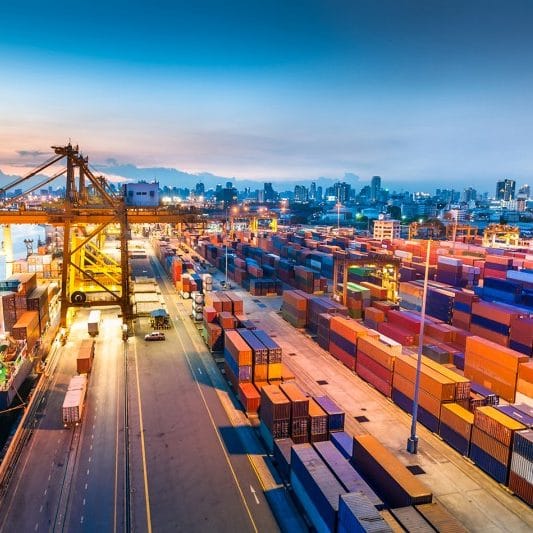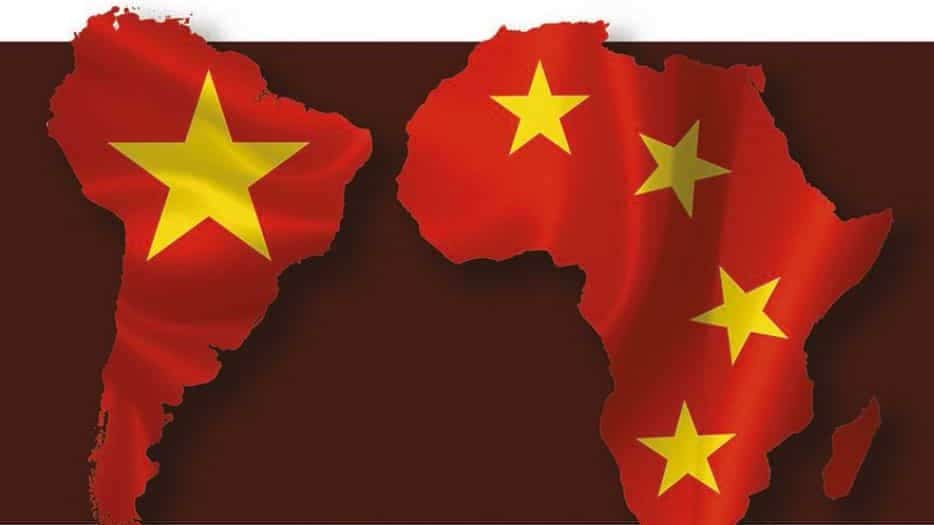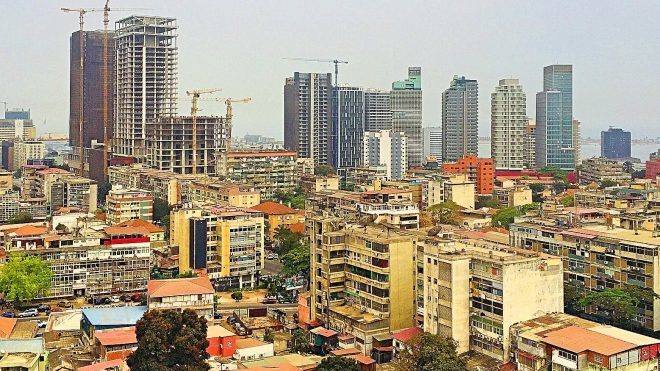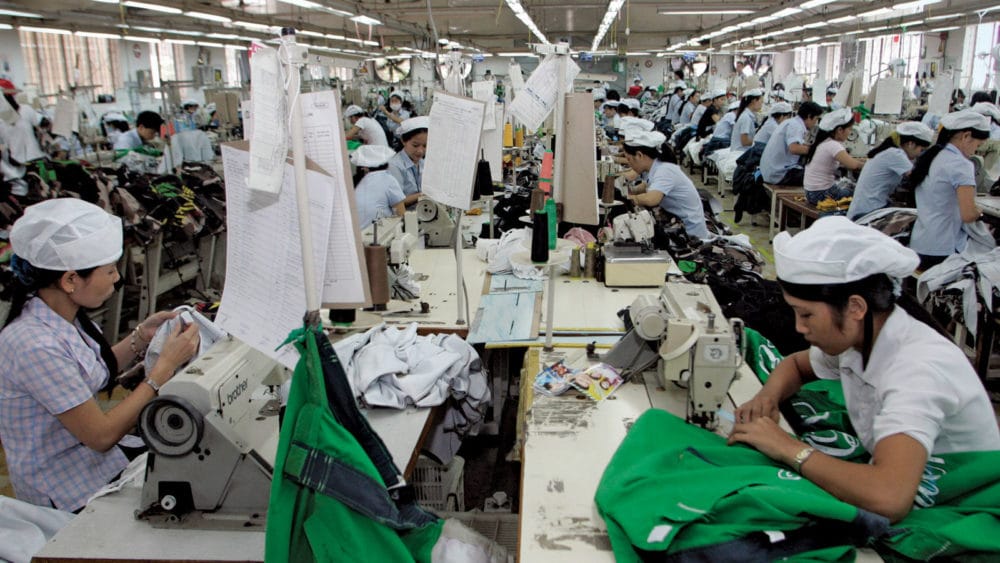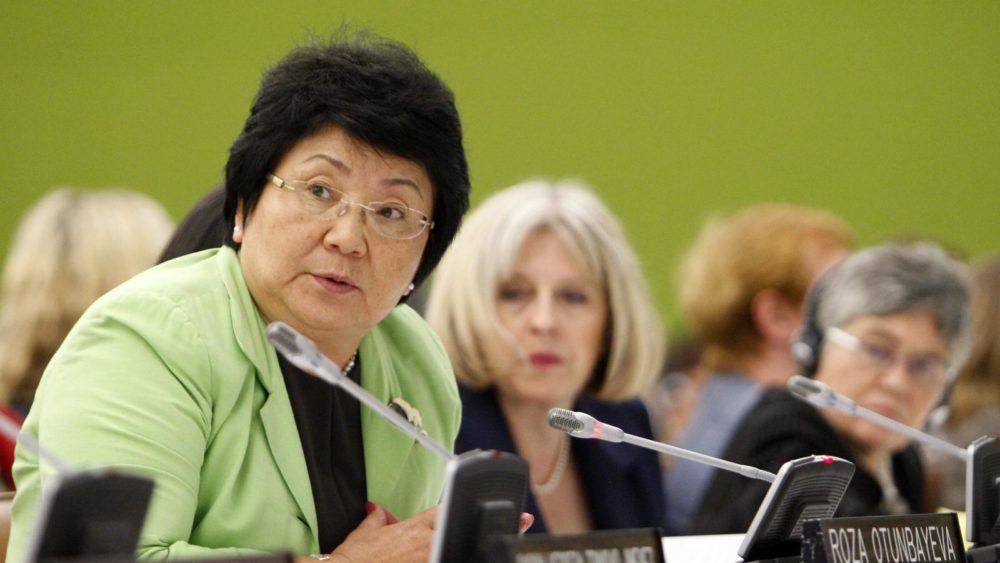n this research we provide an up-to-date empirical assessment of the relationship between economic globalisation and government spending for the hyper-globalisation period of the 1990s and 2000s. Our study is to our knowledge the first to focus specifically on the hyper-globalisation period, and to compare the evidence for this period with the 1970s and 1980s, while at the same time distinguishing between the trade and financial components of economic globalisation. We also control more effectively for the potential endogeneity of measured globalisation than has been possible in previous research, through the use of IV estimation.
We have two main findings. First, we find that the hyper-globalisation of the 1990s and 2000s had divergent and conflicting effects on government spending. While de jure trade globalisation tended to raise consumption spending, de jure financial globalisation tended to reduce it. Second, we find evidence of a positive effect of de facto trade globalisation on spending, but the size of the effect weakened significantly during the 1990s and 2000s compared to the 1970s and 1980s. The positive effect of trade globalisation is consistent with the ‘compensation hypothesis’, according to which governments respond to globalisation by increasing spending, as a means of offsetting the volatility and insecurity resulting from greater exposure to global markets. The negative effect of financial globalisation, by contrast, is consistent with the ‘efficiency hypothesis’, whereby globalisation puts pressure on governments to reduce spending, due for example to pressures on tax revenues resulting from the increasing mobility of capital.

